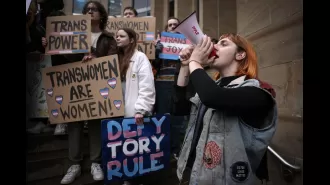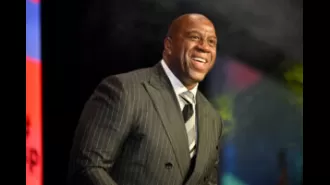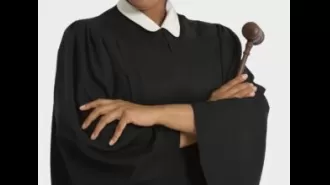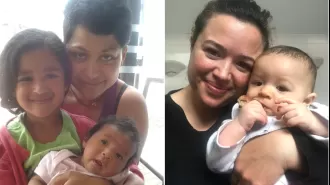White TikToker gets backlash for advising peers not to talk over BIPOC women during a meeting called "White Women: Answer The Call".
Mrs. Frazzle's thoughts on the gathering of white women in support of VP Harris.
July 31st 2024.
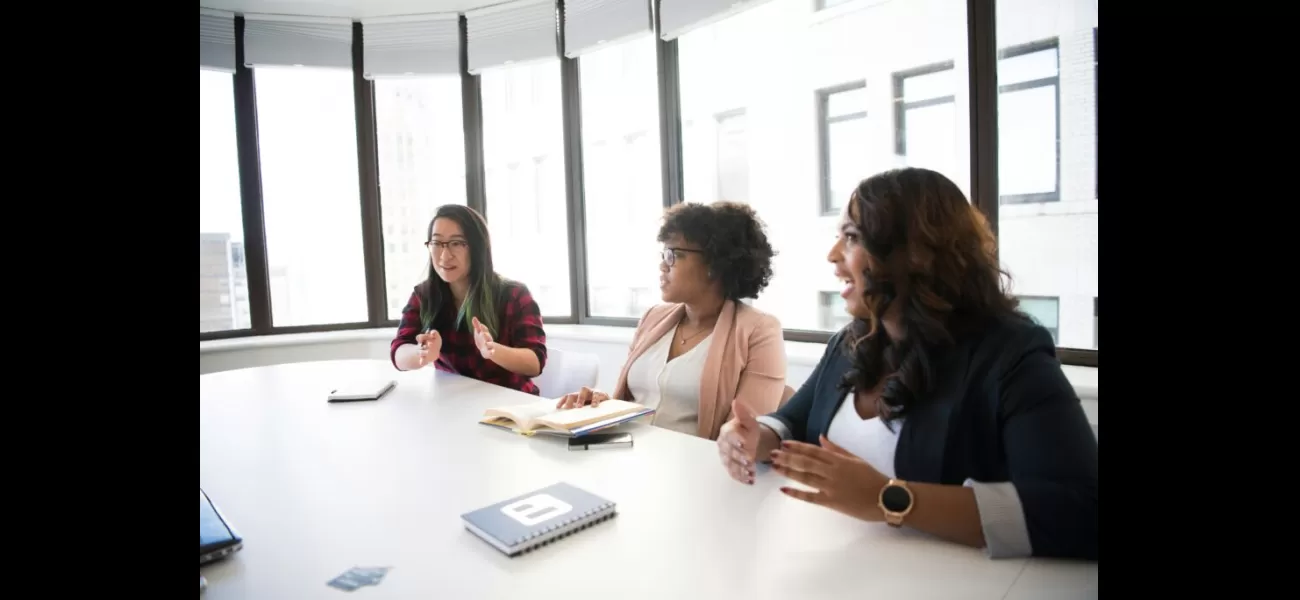
Last Thursday, a Zoom meeting was held in support of Vice President Kamala Harris, titled "White Women: Answer The Call." During this meeting, TikToker Arielle Fodor, also known as Mrs. Frazzle, gained viral attention for her message to white women. She encouraged them to "take a beat" and refrain from speaking over or correcting BIPOC women. The meeting, which took place on July 25, was attended by 164,000 white women from across the United States and followed the historic Win With Black Women's Zoom call on July 21, as noted by BLACK ENTERPRISE. Fodor, a former kindergarten teacher with over one million followers on TikTok, was invited to "gentle parent" the group as they navigate the current election season.
In a snippet of her speech posted on TikTok, Fodor's advice on interacting with BIPOC women received both praise and criticism. Some TikTokers applauded her message and thanked her for the advice, while others called her "condescending" and accused her of "demeaning white women" by suggesting they "bow to and never correct" BIPOC individuals. One user even stated that Fodor's words inspired them to take her advice and continue learning and unlearning.
Fodor is known for using her teacher's voice in her content, and during the meeting, she urged the women to use their white privilege for positive change. She presented her Do's and Don'ts for getting involved in politics, emphasizing that BIPOC women have called on white women to step up, listen, and take action this election season. "We all have a responsibility to use our voices and influence for the greater good," Fodor stated.
Recognizing the women as influencers in their own ways, Fodor encouraged them to not make the issue about themselves but to instead push for systemic change by actively engaging with BIPOC creators and addressing issues of injustice. "As white people, we have a lot to learn and unlearn," she stated. Fodor challenged the women to intentionally seek out content from BIPOC creators and educate themselves on important issues.
In a follow-up video, Fodor addressed those who criticized her message, stating that she is not concerned with receiving negative press. She clarified that her message was not about the presidential election but about using one's privilege for positive change. She also called out news outlets for inviting her to their shows, stating that she will not participate in anything that could harm teachers' careers.
In a snippet of her speech posted on TikTok, Fodor's advice on interacting with BIPOC women received both praise and criticism. Some TikTokers applauded her message and thanked her for the advice, while others called her "condescending" and accused her of "demeaning white women" by suggesting they "bow to and never correct" BIPOC individuals. One user even stated that Fodor's words inspired them to take her advice and continue learning and unlearning.
Fodor is known for using her teacher's voice in her content, and during the meeting, she urged the women to use their white privilege for positive change. She presented her Do's and Don'ts for getting involved in politics, emphasizing that BIPOC women have called on white women to step up, listen, and take action this election season. "We all have a responsibility to use our voices and influence for the greater good," Fodor stated.
Recognizing the women as influencers in their own ways, Fodor encouraged them to not make the issue about themselves but to instead push for systemic change by actively engaging with BIPOC creators and addressing issues of injustice. "As white people, we have a lot to learn and unlearn," she stated. Fodor challenged the women to intentionally seek out content from BIPOC creators and educate themselves on important issues.
In a follow-up video, Fodor addressed those who criticized her message, stating that she is not concerned with receiving negative press. She clarified that her message was not about the presidential election but about using one's privilege for positive change. She also called out news outlets for inviting her to their shows, stating that she will not participate in anything that could harm teachers' careers.
[This article has been trending online recently and has been generated with AI. Your feed is customized.]
[Generative AI is experimental.]
0
0
Submit Comment

